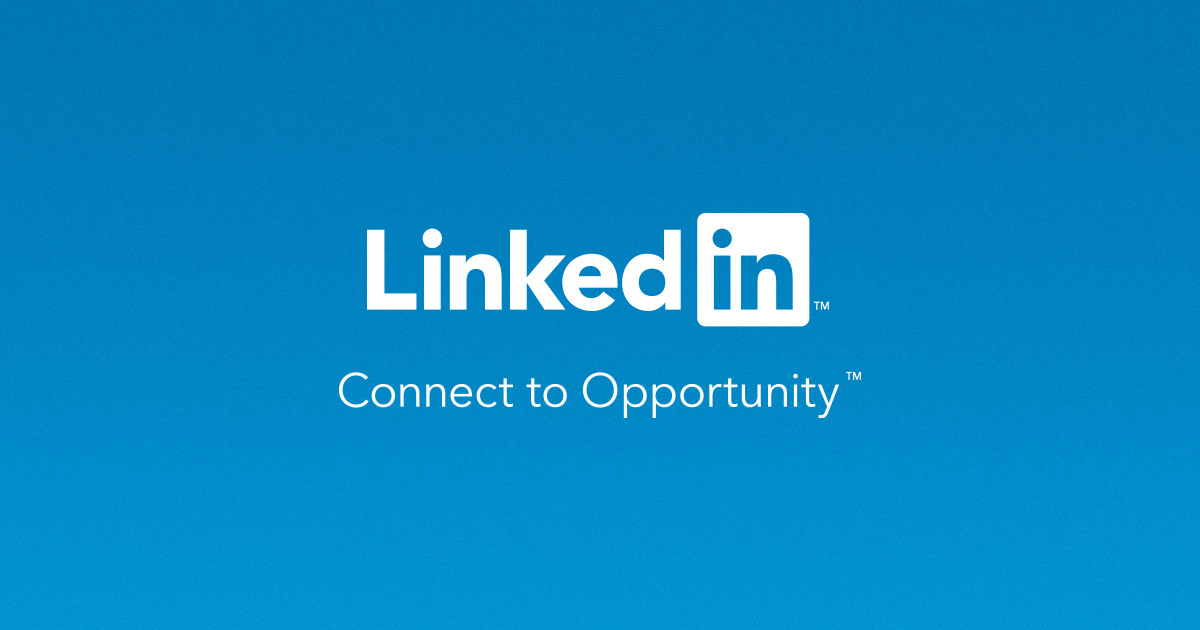
AI Anxiety in the Workplace LinkedIn Survey Reveals Employee Concerns LinkedIn, a leading professional networking platform, conducted a global survey in August, encompassing 30,000 employees across 18 countries. The survey findings reveal a prevalent sense of unease among employees regarding artificial intelligence (AI) knowledge and the rapid advancements in the field. Nearly half of the surveyed employees expressed concerns about their AI knowledge, while a significant percentage reported feeling overwhelmed by the pace of AI developments. In this article, we explore the key findings of the survey and their implications.
Widespread AI Knowledge Anxiety:The LinkedIn survey highlights that a substantial 49% of employees surveyed expressed worry about their current level of AI knowledge. This anxiety is indicative of the growing recognition of AI’s significance in the workplace and the desire to stay relevant in an increasingly AI-driven job market.
The Fear of Falling Behind:Another significant finding is that just under 40% of respondents reported feeling overwhelmed by the rapid pace of AI developments. This feeling of being unable to keep up underscores the dynamic nature of the AI field and the pressure on employees to continuously update their skills.
AI’s Expanding Influence:AI is permeating various industries and job roles, from finance and healthcare to marketing and customer service. As AI technologies become more integrated into the workplace, employees recognize the importance of understanding and leveraging AI to remain competitive.
The Role of Upskilling:The survey findings underscore the need for continuous learning and upskilling in the era of AI. Employees are increasingly seeking opportunities to enhance their AI-related knowledge and skills to better position themselves in their careers.
Employer Responsibility:Employers play a vital role in addressing these concerns by providing access to AI-related training and development opportunities. Supporting employees in their quest to acquire AI knowledge can foster a more informed and confident workforce.
Navigating AI Anxiety:Managing AI anxiety involves a combination of individual and organizational efforts. Employees can take proactive steps to seek AI-related training, while organizations can invest in educational resources and create a culture of learning.
The Future of Work:AI’s impact on the workplace is an ongoing transformation that will continue to shape the future of work. Employees who embrace AI knowledge and adapt to evolving AI technologies are likely to be better positioned for career growth and success.
LinkedIn’s survey findings provide valuable insights into the growing awareness and anxiety surrounding AI knowledge in the workplace. As AI continues to influence various industries, individuals and organizations must proactively address these concerns. By fostering a culture of learning and providing opportunities for upskilling, both employees and employers can navigate the evolving landscape of AI with confidence and competence.

